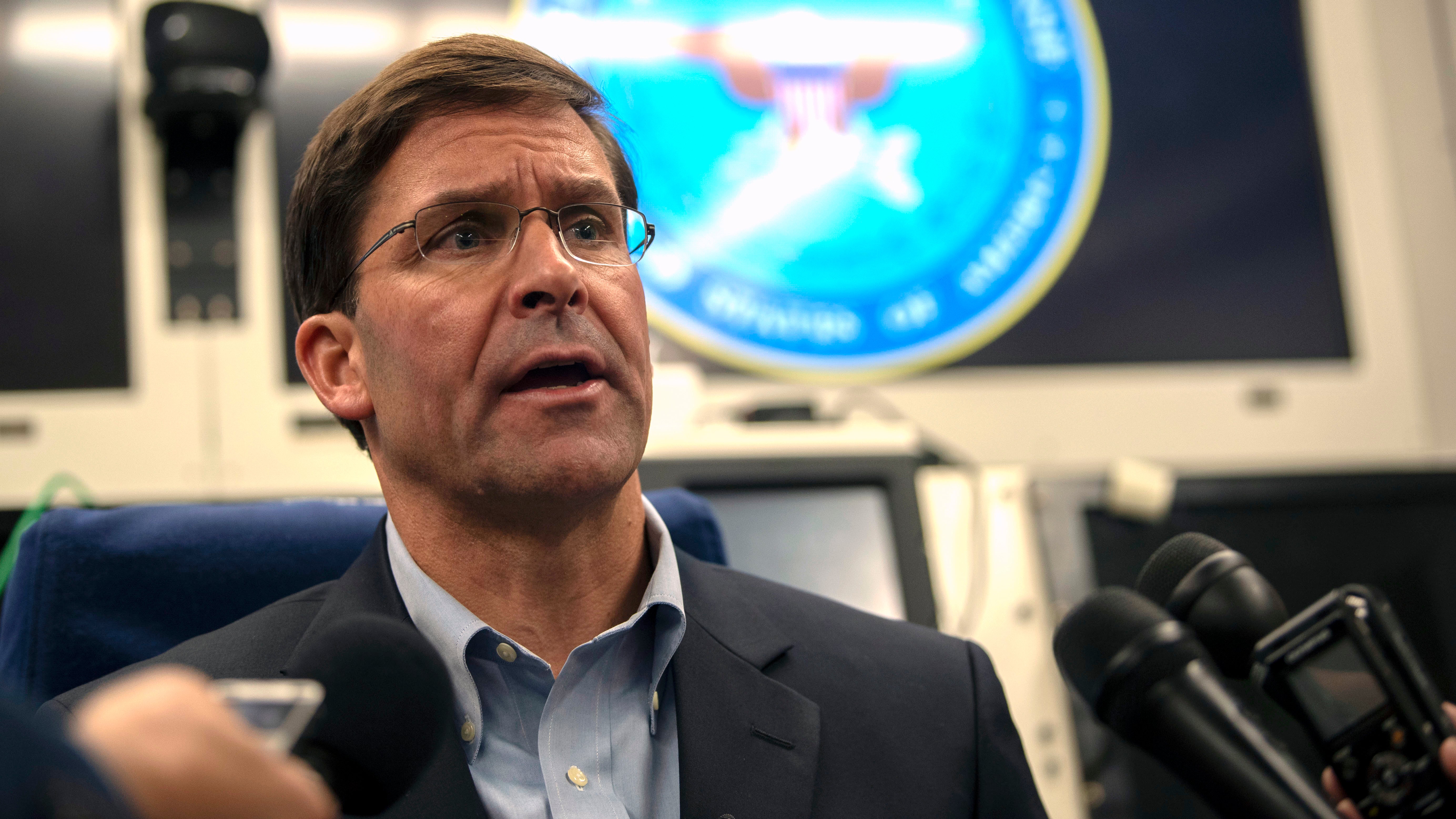DoD Monitors Global Threats Amid Pandemic
DoD Monitors Global Threats Amid Pandemic

The U.S. military is monitoring potential threats as the coronavirus pandemic continues to shutter communities and disrupt lives around the world.
“What we see are countries are turning inward right now,” Defense Secretary Mark Esper said during a virtual town hall March 24. “They’re looking very closely at their own internal affairs, how they treat and deal with the coronavirus, its spread.”
Countries such as Italy, a close U.S. ally, have suffered great losses as they’ve battled the COVID-19 virus, Esper said. Adversaries such as Iran also have suffered, he said, adding that it was “important to note that we’ve reached out to try and offer them aid and support.”
Other countries, such as South Korea, have taken a lot of “smart measures” and appear to have had success in containing the spread of the virus, Esper said.
“Each country is dealing with this differently,” he said. “We all face a similar challenge. It’s just a matter of time before each gets affected.”
As the pandemic continues, its impact can go beyond immediate health concerns, Chairman of the Joint Chiefs of Staff Gen. Mark Milley warned. The pandemic is affecting countries differently, and how they respond depends on the robustness and capacity of their medical facilities, he said. There are resource shortages—masks, gloves, ventilators—and economic challenges, he said.
“In some cases, it could lead to social breakdowns,” Milley said. “It could lead to political chaos in certain countries. We have to be attuned to that.”
To mitigate some of those challenges, Esper and Milley are in close communication with their international counterparts as well as with U.S. combatant commanders, Milley said.
“As the coronavirus hits … countries differently, and as they react differently over time, it may present challenges for us,” Esper said. The U.S. military remains ready to respond to international threats as the situation may cause adversaries to “act out” in different ways, he said.
“We need to be very conscious and be on the lookout for that as this unfolds,” Esper said. “We’ve got to deal with the problem right in front of us, which is taking care of our people, maintaining our mission readiness, but we have to be looking beyond that to see how it may play out and how it may affect our mission.”

